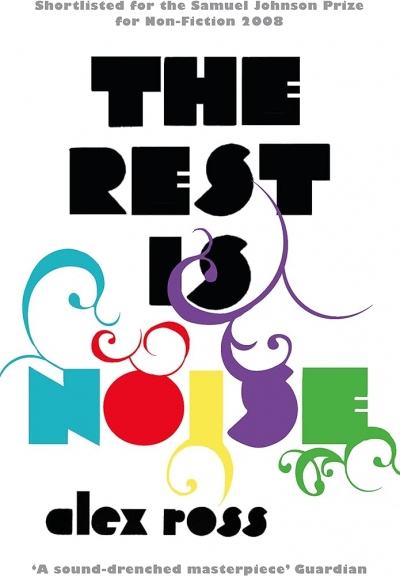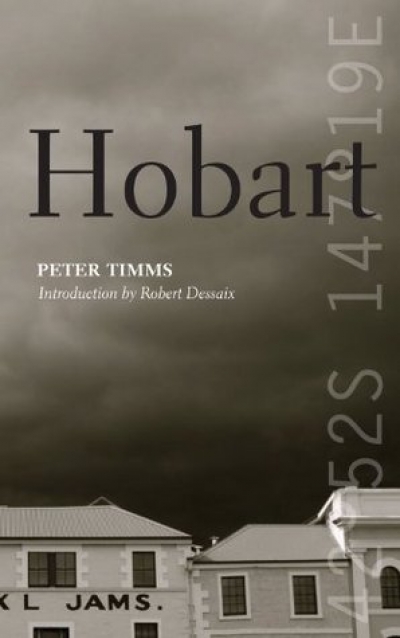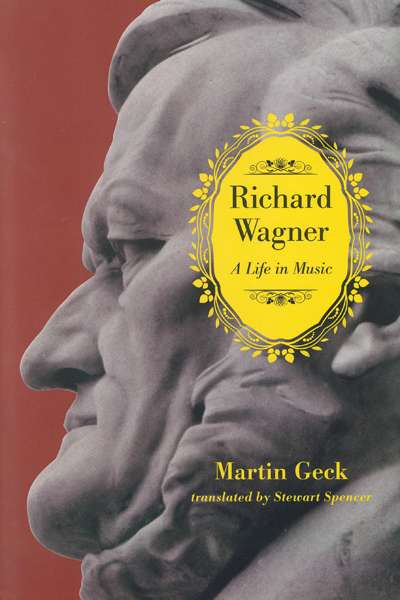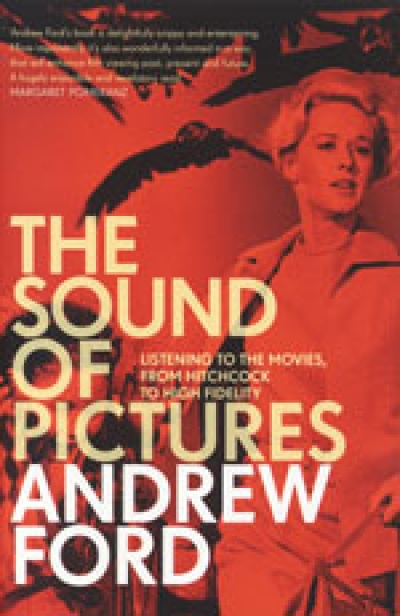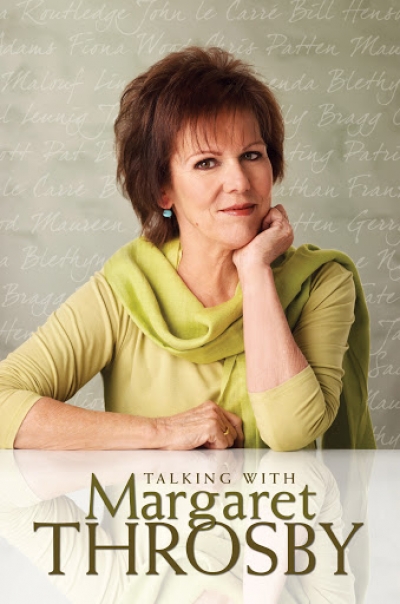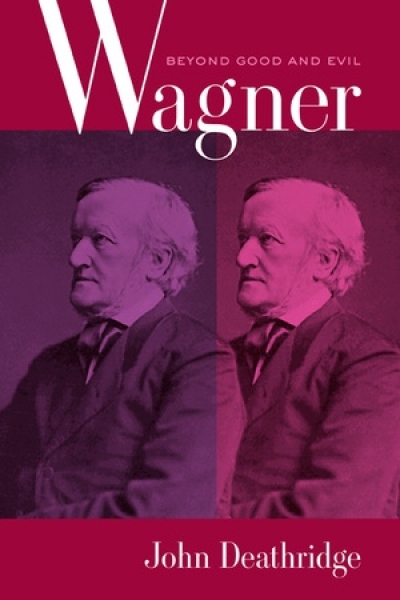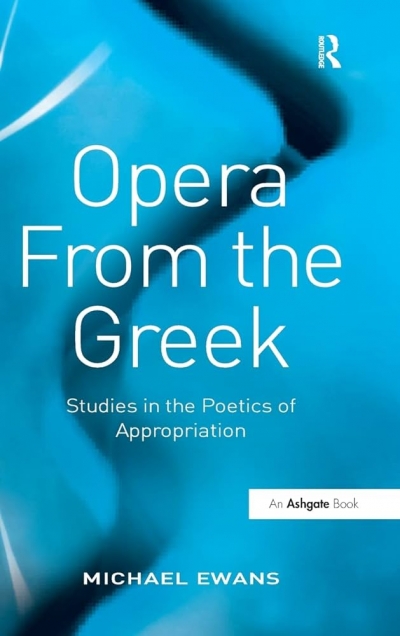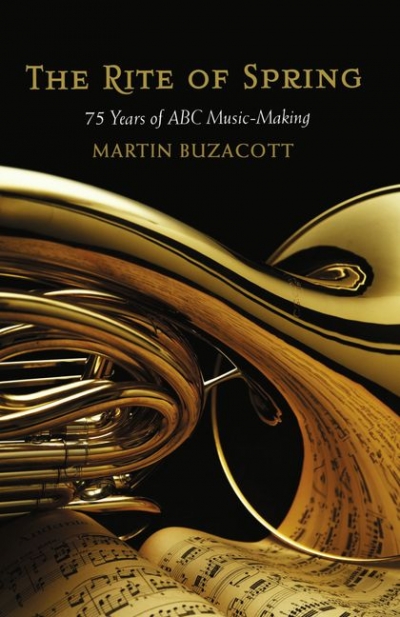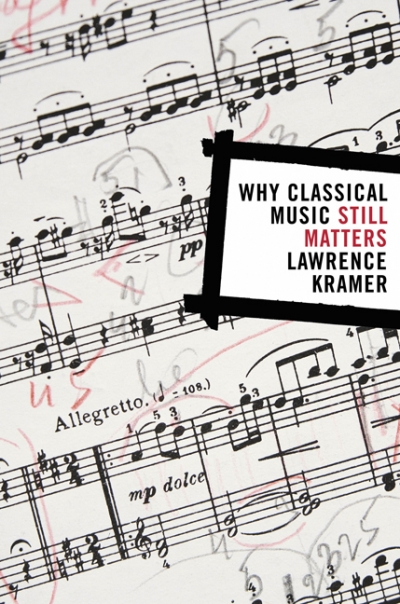Robert Gibson
The Rest Is Noise: Listening to the Twentieth Century by Alex Ross
by Robert Gibson •
Richard Wagner: A Life in Music by Martin Geck (translated by Stewart Spencer)
by Robert Gibson •
The Sound of Pictures: Listening to the Movies, From Hitchcock to High Fidelity by Andrew Ford
by Robert Gibson •
Opera from the Greek: Studies in the poetics of appropriation by Michael Ewans
by Robert Gibson •
The Rite of Spring: 75 Years of ABC music-making by Martin Buzacott
by Robert Gibson •
Dear Editor,
Brian Matthews makes an eloquent defence of Manning Clark’s Kristallnacht fantasy, but I was surprised to find myself being drafted as a witness simply because I once said that autobiography is ‘a lying art’ (May 2007). Actually, I can’t remember ever having used quite those words, but, as Brian Matthews well argues, memory plays tricks.
... (read more)
